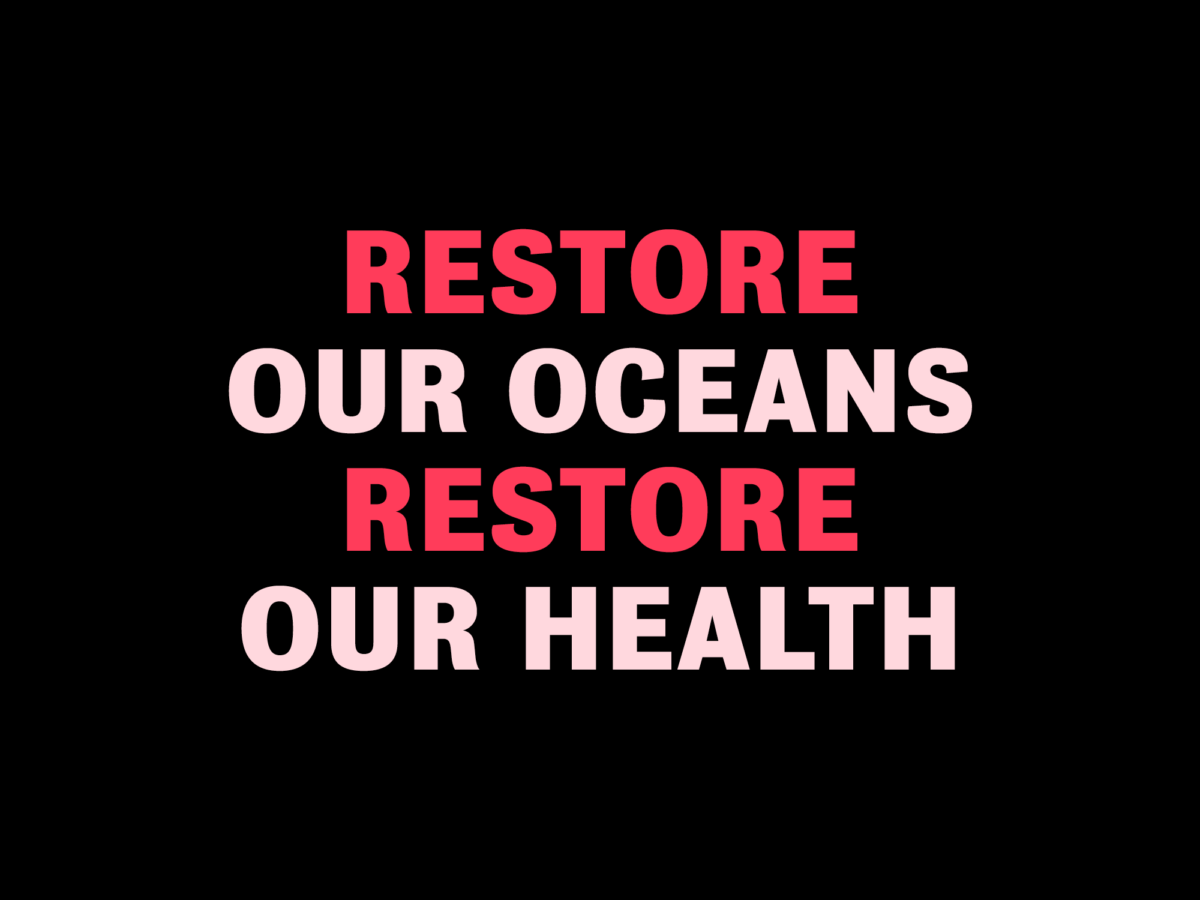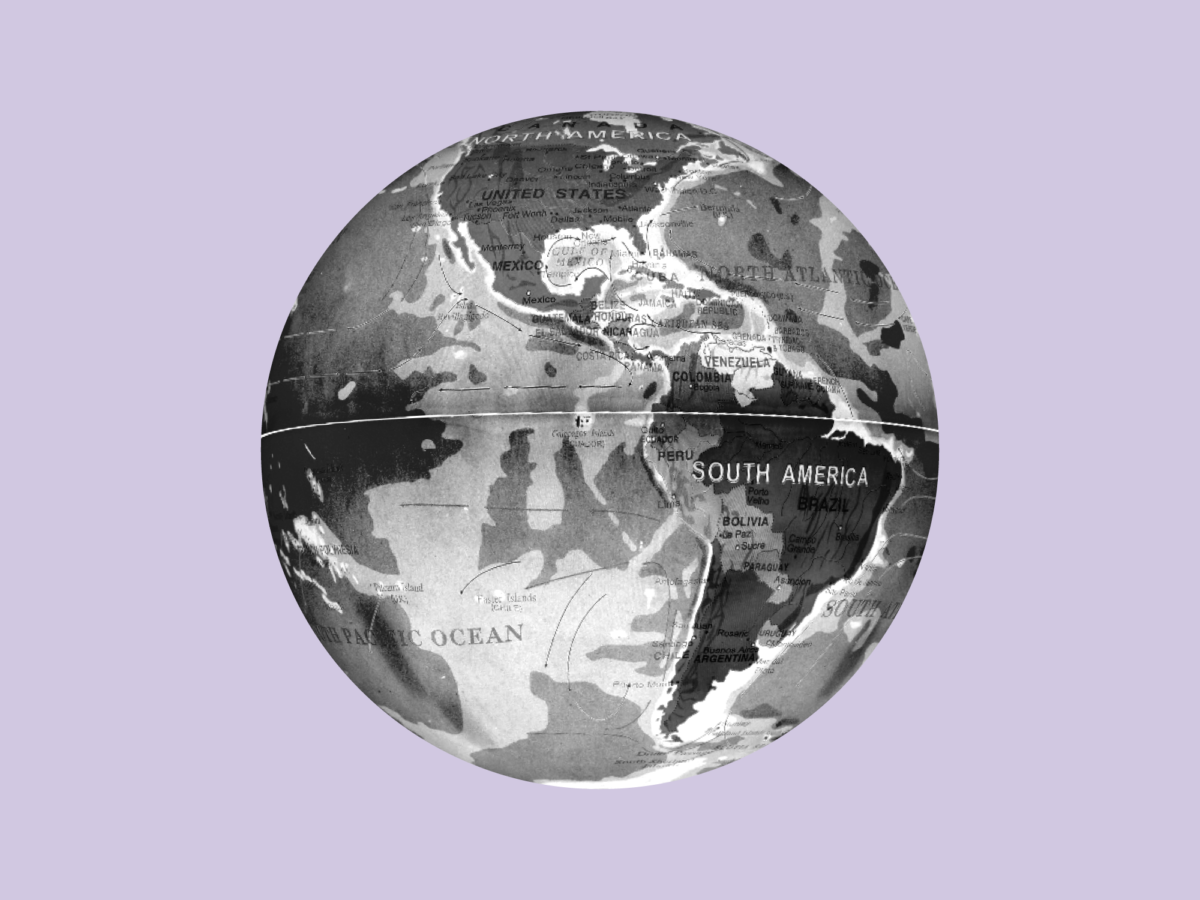The theme of this year’s Mental Health Awareness Week is ‘nature’.
We know that being in nature is good for our mental health. It’s not some great new thing we’ve just discovered – it’s fundamental to who we are. Our health is our planet’s health. Our planet’s health is our health.
Mental health is something we think about at Rebel, in terms of customers and employees (as far as we know, we’re the only energy supplier in the UK that offers each and every employee a paid wellbeing day once a month, to be spent however they wish).
We’re particularly keen to talk about mental health and nature together, as interconnectedness is our favourite topic – the interconnectedness of us and nature, and of our problems and solutions.
So bear with us while we explain what our approach to the carbon market has to do with mental health.
When we started Rebel, we started work on Rebel Restoration. This is our foundation set up to support carbon-removal projects (mostly) in the UK.
You’ll notice we don’t say ‘carbon offsetting’, and that’s because we think the phrase is misleading. We don’t really believe we can just offset carbon emissions from fossil fuels by paying somebody else to plant trees, and think everything will be ok.
But what we can do is back projects that remove carbon from the atmosphere, restore biodiversity and empower local communities. While transitioning away from fossil fuels and towards renewables and electrification.
The more holistic our approach, the better for our landscapes, and, in the end, for our own wellbeing.
Take one of those projects closest to our hearts: seagrass.
The ocean is good for us. Walking beside it, listening to the waves, swimming in it. Even just seeing the ocean has been shown to have a positive impact on mental health. These benefits are so clear that time in wetlands is now being prescribed for people with mental health issues.
So, for our own wellbeing, we need healthy oceans. And healthy oceans are oceans filled with seagrass.
Seagrasses occupy 0.1% of the seafloor, yet are responsible for 11% of the organic carbon buried in the ocean. Seagrass meadows, mangroves and coastal wetlands capture carbon at a rate greater than that of tropical forests.
Planting meadows of seagrass means more biodiversity, thriving native species, more bountiful fishing, engaged local communities, better places to visit.
Or, put simply, healthier oceans equal healthier us.
This is why we like the ‘nature’ theme of Mental Health Awareness Week. We’re trying lots of things in the interest of good health – from those wellbeing days for our employees to a customer approach that’s caring rather than merely transactional.
But at the heart of it is a belief that everything is connected. That when we restore our oceans (and peatbogs, and forests), we restore our own health.

